Healthcare and End-of-Life Decision Making: Advance Directives for Families
Navigating the complexities of healthcare and end-of-life decision-making can be an emotional and challenging process for individuals and their families. It's a journey that touches on the very essence of our values, beliefs, and the legacy we wish to leave behind. This is where the role of Life and Legacy Counselors becomes invaluable, offering guidance and support in creating Advance Directives that ensure one's healthcare wishes are honored. In this blog post, we will explore the importance of Advance Directives, the role of Life and Legacy Counselors, and how families can navigate these conversations with dignity and respect.
Understanding Advance Directives
Advance Directives are legal documents that allow individuals to outline their preferences for medical treatment in the event they are unable to communicate their wishes due to illness or incapacity. These documents serve as a voice for patients when they are most vulnerable, ensuring that their healthcare decisions are respected and followed. There are two main types of Advance Directives: a Living Will and a Durable Power of Attorney for Healthcare.
- Living Will: This document specifies the types of medical treatments and life-sustaining measures an individual desires or wishes to avoid, such as mechanical ventilation, resuscitation, or tube feeding.
- Durable Power of Attorney for Healthcare: This allows an individual to appoint a trusted person to make healthcare decisions on their behalf if they are unable to do so themselves.
The creation of Advance Directives is not merely a clinical or legal formality but a deeply personal process that reflects an individual's beliefs, values, and desires for their end-of-life care.
The Role of Life and Legacy Counselors
Life and Legacy Counselors play a crucial role in guiding individuals and families through the process of understanding, discussing, and documenting end-of-life wishes. They are trained professionals who offer support, education, and resources to help navigate the often complex and emotional aspects of healthcare decision-making. Their goal is to ensure that individuals feel empowered and that their families are prepared to honor their loved ones' wishes.
Counselors work closely with individuals to explore their values and beliefs, discuss potential healthcare scenarios, and determine the most appropriate forms of treatment based on their personal desires. They also facilitate conversations among family members, helping to bridge gaps in understanding and expectations, and ensuring that everyone involved is aligned with the individual's wishes.
Navigating the Conversation
Discussing end-of-life wishes can be challenging for families. It requires openness, vulnerability, and a willingness to engage in conversations that many may find uncomfortable. However, these discussions are essential for ensuring that individuals' healthcare preferences are understood and respected. Here are some tips for navigating these conversations:
- Start Early: Begin discussions about end-of-life care preferences before a crisis occurs. This gives everyone ample time to consider their options and make informed decisions.
- Be Open and Honest: Encourage an atmosphere of honesty and openness. Allow each family member to express their thoughts, fears, and questions without judgment.
- Seek Understanding: Try to understand the values and beliefs that underpin each person's healthcare preferences. This understanding can guide decision-making and ensure that choices are aligned with the individual's values.
- Use Resources: Utilize available resources, such as Life and Legacy Counselors, to facilitate these discussions. They can offer valuable insights, answer questions, and provide guidance on creating Advance Directives.
- Document Decisions: Once decisions have been made, ensure they are documented in an Advance Directive and shared with healthcare providers and all family members involved in the care process.
The Impact on Families
The benefits of Advance Directives extend beyond the individual to their families. When healthcare wishes are clearly documented, it alleviates the burden on family members to make difficult decisions during emotional times. It reduces the risk of conflicts and ensures that there is a clear plan to follow, which can bring peace of mind to everyone involved.
Furthermore, the process of creating Advance Directives can strengthen family bonds. By engaging in open and honest conversations about end-of-life care, families can gain a deeper understanding of each other's values and wishes, fostering a sense of unity and mutual respect.
Conclusion
The journey toward end-of-life decision-making is a deeply personal and significant one. It involves reflecting on one's values, beliefs, and the legacy one wishes to leave behind. Life and Legacy Counselors play an essential role in guiding individuals and their families through this process, ensuring that Advance Directives reflect the individual's healthcare preferences. By engaging in thoughtful discussions and planning, families can navigate these challenging conversations with dignity, respect, and a sense of peace, knowing that their loved ones' wishes will be honored. In the end, the process of creating Advance Directives is not just about planning for the end of life but about affirming the values and relationships that give our lives meaning.


